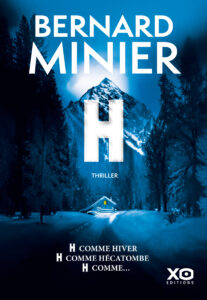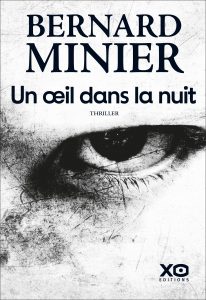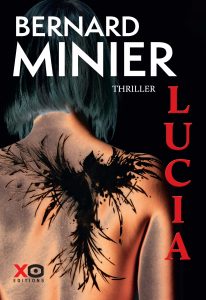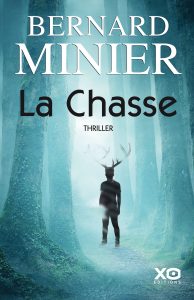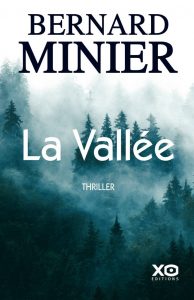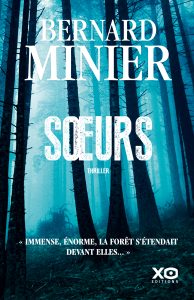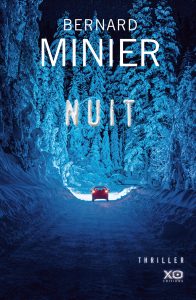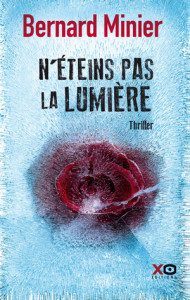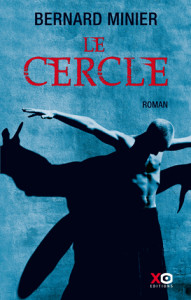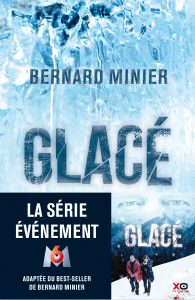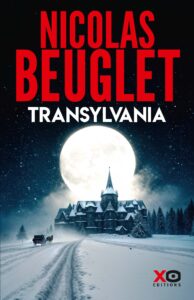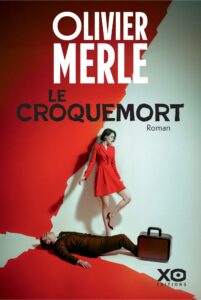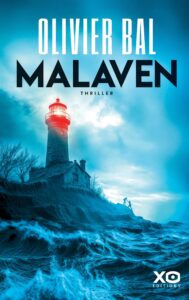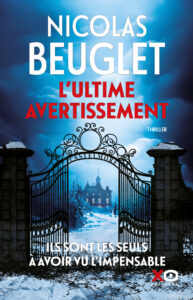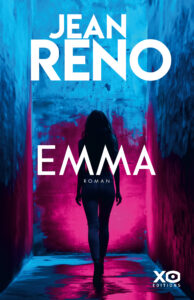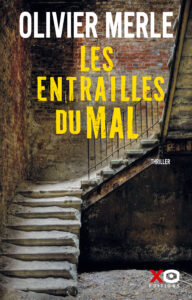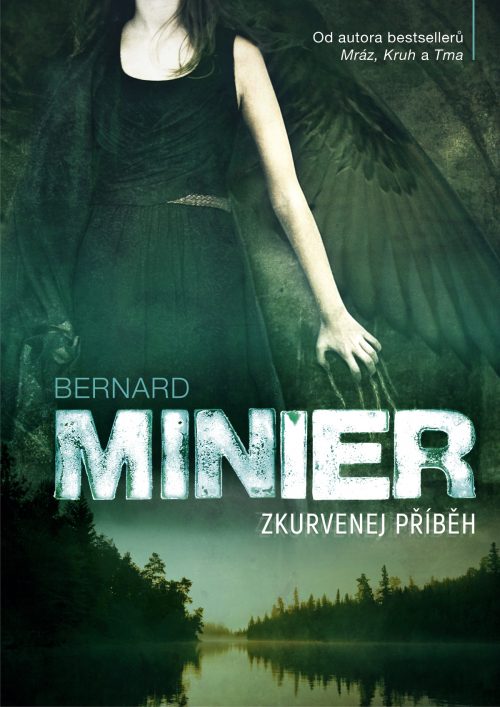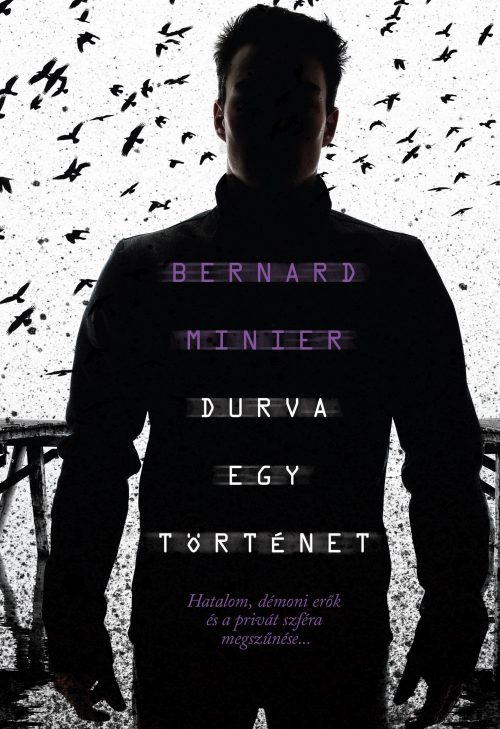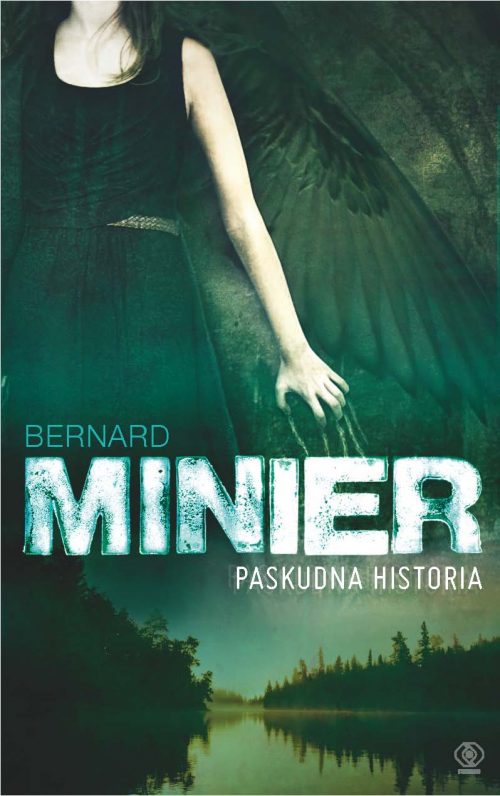Author's interview
First question: Why this title, A Hell of a Story ?
“A Hell of a Story” because, for the first time, I immersed myself into the skin of a sixteen years old narrator speaking in the first person narrative and who, even if he has a wide vocabulary range for his age (I know some who do), can speak however he wishes. Precisely, the title comes from the first sentences he utters in the preamble of this “hell of a story”.
For this fourth novel, you abandon the captain Servaz. Why ?
After three novels with recurrent characters, I wanted to try my hand at something new. For a long time, I ardently desired to write a crime fiction in which the main character would be a teenager. To talk about this crucial period before adulthood, where everything is still possible, where one’s personality emerges from the envelope of childhood, takes shape and becomes more solid… Not in an indirect way compared to what I did in Iced and in The Circle, where there were already teenage characters, but more directly this time: through the narrator’s voice. It is also a way to humbly pay homage to the readings of my youth: from The Great Meaulnes to those Northern American writers who made a favourite myth out of adolescence: Salinger of course (there is a reason why the island I have chosen is called “Glass Island”), Mark Twain, Stephen King…
It is, obviously, a thriller: there is darkness, danger, fear… but, while writing this novel, something else was also at stake: every emotions from this period, supressed for forty years, resurfaced. That is why I chose to use the first person narrative. Actually, I didn’t have a choice: as soon as the character of Henry was born, the teenager that I was, woke up and slipped in his shoes.
You incidentally abandon the French territory for the United States. Why ?
Like I said, it was to pay homage to all those educative readings from my youth. And I wanted to create once again a small world, a microcosm – like I did with the Pyrenean enclosed valley in Iced, or the small university town in The Circle… A microcosm is always a sample of what mankind is. Since the beginning, my idea was to set the intrigue on an island. And, since the beginning, I thought about the area of Seattle, which is more used for gothic novels than for crime ones, that seemed like the ideal place to me: there are hundreds of wooded islands, covered with perpetual rain flooded forests, hostile mountains and wild coasts battered by the waves of the Pacific North. And at the same time, even with all this unviolated nature just before us, we‘re faced to a city which is at the leading edge of cyberspace techniques, new technologies and underground culture…
By the way, while reading your novel we are stricken by the peculiar atmosphere you set up. How do you do that?
As it happens, the atmosphere that prevails on those islands was already totally captivating. The problem was to transcribe it. Moreover, for each book, I act the same: there is a huge preparation beforehand, that is to say a very meticulous work in order to gather the initial material. I need to smell the places, the atmospheres, to immerse myself into a multitude of details and impressions. To be so close to things I couldn’t find in any kinds of worldwide documentation: that is why I went there, I landed in Seattle – the rainiest city of the United States – I explored those huge open spaces, took ferries, hopped from one island to the other, and crossed the Americano-Canadian border. Then, I pushed through the wildest part of the North Cascades Range, went back up the Skagit River to Diablo Lake (why, there is a lake called like that – and, believe me or not, it deserves it!) I have met cops from Seattle, Bellevue, Bellingham, Vancouver … questioned sheriffs, visited their departments … Hours of interviews and guided tours. They proved to be incredibly cooperative. I drew my inspiration from reality to depict some places, like for example Henry’s house, which is a mix of two places, one that is on San Juan Island, in Washington State, the other on Bowen Island, in British Columbia. I have slept there, and I could see does coming from the wood at dusk, and also bald eagles in the trees, and foxes.
As for my wooded, steep and foggy island, it also comes from several other existing islands, and from one in particular which I already mentioned, Bowen Island, which is absolutely remarkable with its ombrophil forests and its relief. While coming close on ferry board (the weather was awful on this day), I saw it slowly emerging from the fog: dark, mountainous, foreboding, draped with giant fir trees and clouds, and I told myself: “wow, this time I got it: this is it!”
In your novel there are several themes, the main one being the question of identity
Yes, first there is the question of Henry’s biological origins, he is an adopted child brought up by two mothers – whose past is going to resurface. And, more generally, there is the identity quest that appears during adolescence. That is all the way more true as he is the last one to arrive on the island and more so if we add his affiliations – or his isolation – problem in relation to the group, to the insular community; there is also this very strong tie that units him to his comrades: Charlie, Johnny, Kayla and Naomi, who grew up on the island, unlike him, and nearly function like social animals. The fact that the book begins with this image of orcas (a lot can be found in these waters) swimming offshore is not a coincidence. They are really clever animals and there are two types of orcas: sedentary orcas, who live in pack, and nomadic ones, who are more solitary…
Consequently to this identity problem, comes the issue about the end of one’s private life and about surveillance.
Edward Snowden said that “the children born today won’t know what the words private life mean”. Julian Assange and Jérémie Zimmermann say the same. A Hell of a Story is indeed also a novel about the threats that weigh on our private life, political and personal liberties, caused by the development of surveillance technologies that keep on getting more intrusive and monstrous. Imagine that one day they fall into the wrong hands. But maybe it’s already the case… Through connected objects, the digital technologies, the “smart” phones, Internet, we have the impression that a lot of people choose to abandon their freedom and their privacy rather than abandon all this gadgetry. I came to have a very pessimistic vision of all that. And nobody is protected from it: take a look at how all those presumed cyber-jihadists took control over TV5 Monde, how the Sony studios fell victim to a massive cyber-attack; it shows how deep we are into this degree of inter-connection and vulnerability! Glass Island, the name of my island, is also “the island made of glass”: translucent to satellites’ eyes, antennas and wiretapping of the almighty Grant Augustine.
You achieved great success, your books are translated in a lot of countries – including the United States, which is rare for a French author – the film rights for Iced have been licensed to Gaumont which plans to adapt it into a TV series. What are your projects now?
Foreign medias reserved me a very warm welcome. And I can’t wait to see Iced on screen. Regarding my projects, I’d start by meeting up with my dear Servaz – who ardently begs me to resume work. Besides, he is right there, next to me, in his armchair, reading the first pages of my next book while listening to Mahler’s music; and, of course, Hirtmann is also there, hidden in the shadows. Maybe the time has come for him to leave the wood, who knows… After a year of being apart, I am eager to get back to them.
lire toute l’interview

